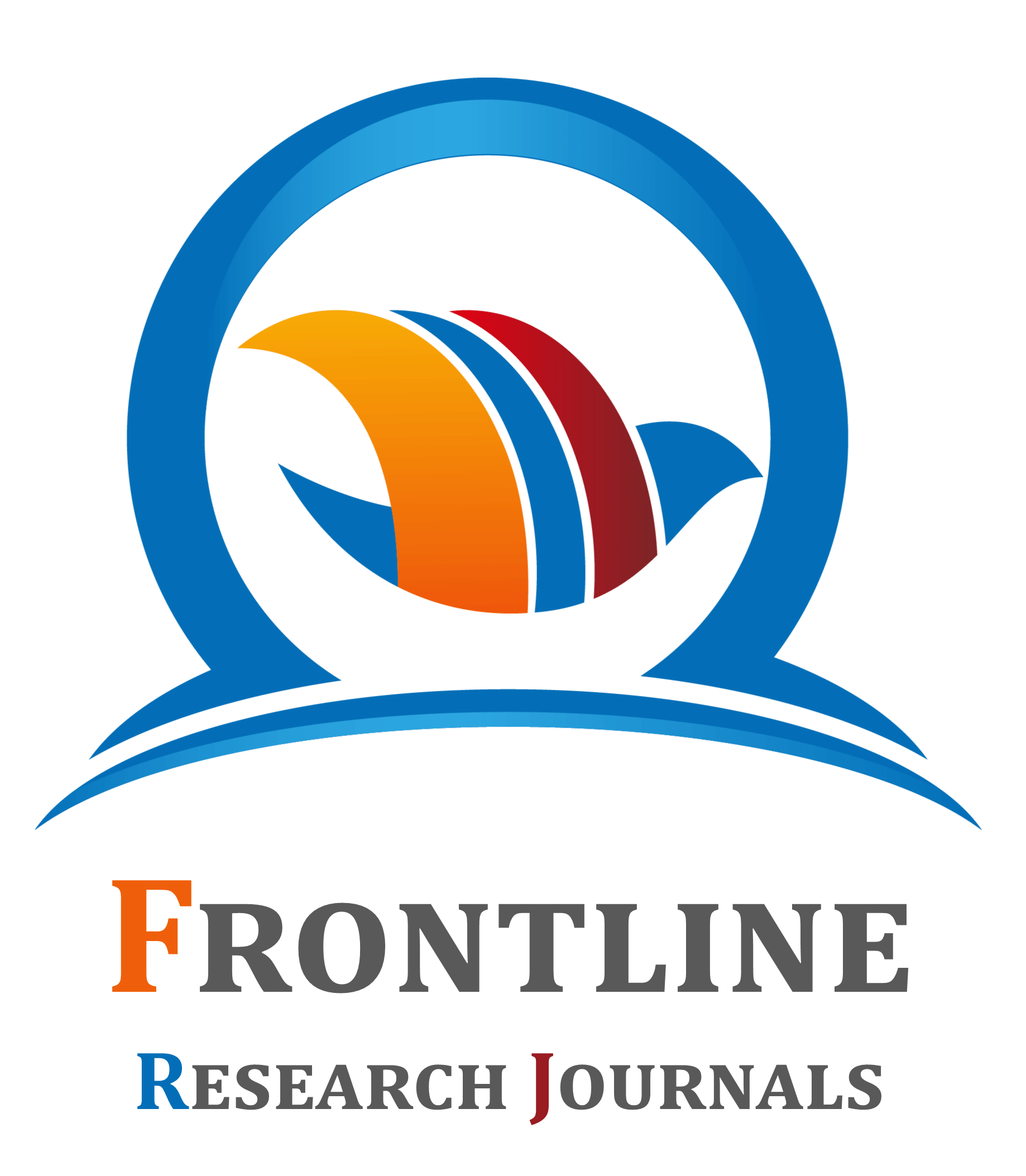A conceptual framework for enhancing product standardization in Nigeria’s manufacturing sector
1 Imo State Internal Revenue Service, Nigeria.
2 Zenith General Insurance Company Limited, Nigeria.
3 The Velvet Expression, Lagos, Nigeria.
4 Independent Researcher, Lagos, Nigeria.
5 Zenith Bank Nigeria.
Research Article
International Journal of Frontline Research in Multidisciplinary Studies, 2022, 01(02), 001–013.
Article DOI: 10.56355/ijfrms.2022.1.2.0051
Publication history:
Received on 12 June 2022; revised on 20 August 2022; accepted on 23 August 2022
Abstract:
The manufacturing sector in Nigeria plays a pivotal role in the nation's economic development. However, the industry faces significant challenges related to product quality and standardization. This review presents a conceptual framework designed to enhance product standardization within Nigeria’s manufacturing sector. Product standardization is critical for ensuring quality, safety, and consumer satisfaction, which in turn drives economic growth and global competitiveness. The proposed framework encompasses several key components. First, it emphasizes the importance of establishing clear standards and regulations that align with international best practices. This involves collaboration between government bodies, industry stakeholders, and standardization organizations to develop comprehensive guidelines that address various aspects of manufacturing processes. Second, the framework advocates for strengthening regulatory enforcement to ensure compliance with established standards. This includes implementing robust inspection mechanisms and penalties for non-compliance. Furthermore, the framework highlights the need for capacity building within the sector. This involves investing in training and development programs to enhance the technical skills of the workforce and improve the operational efficiency of manufacturing units. Additionally, it suggests leveraging technology and innovation to support standardization efforts. Adopting advanced manufacturing technologies and digital tools can streamline processes and improve product consistency. The framework also proposes the establishment of a national quality assurance system that integrates feedback from consumers and industry experts. This system would facilitate continuous improvement by addressing emerging challenges and incorporating new insights. Lastly, the framework calls for collaborative partnerships between public and private sectors to foster a culture of quality and standardization. By addressing these components, the framework aims to provide a comprehensive approach to enhancing product standardization in Nigeria’s manufacturing sector. This, in turn, is expected to improve product quality, boost consumer confidence, and enhance the sector's competitiveness on a global scale.
Keywords:
Product standardization; Nigeria manufacturing sector; Regulatory enforcement; Capacity building; Technology innovation; Quality assurance; Collaborative partnerships
Full text article in PDF:
Copyright information:
Copyright © 2022 Author(s) retain the copyright of this article. This article is published under the terms of the Creative Commons Attribution Liscense 4.0
